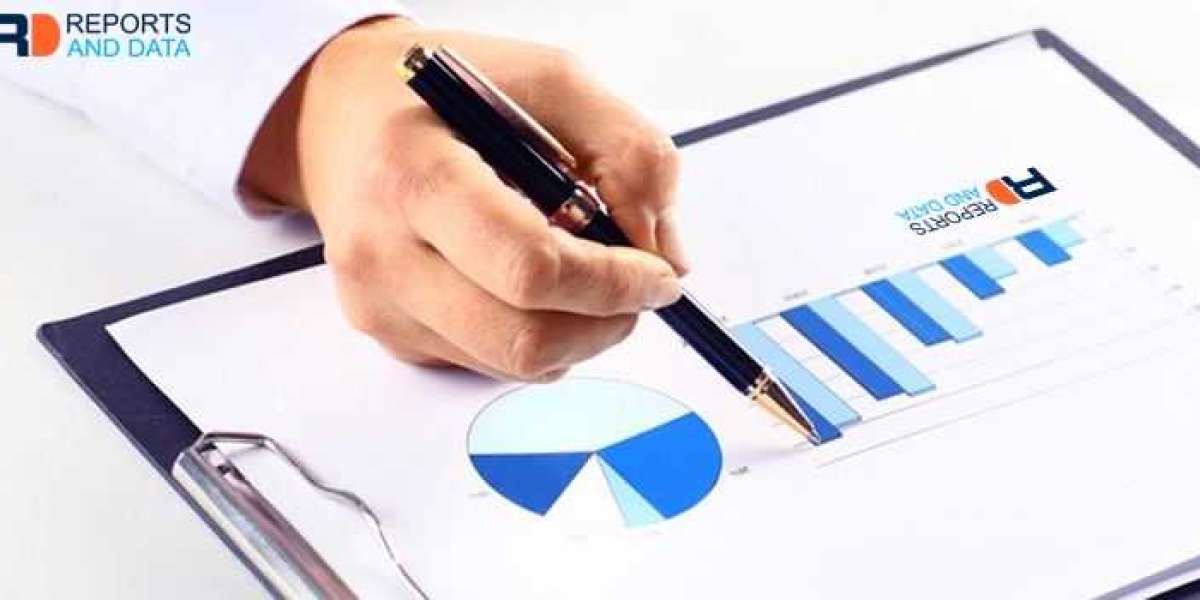Rubbish collection services play a crucial role in maintaining the cleanliness and sustainability of our communities. Over the years, these services have evolved significantly, driven by advancements in technology and a growing focus on environmental conservation. This article delves into the future of rubbish collection services, exploring the latest innovations that are revolutionizing waste management practices.
The Need for Change
The Growing Problem of Waste
As our population continues to grow exponentially, so does our production of waste. According to recent statistics from the World Bank, global waste generation is expected to increase by 70% over the next three decades. This alarming trend highlights an urgent need for more efficient and sustainable rubbish collection services.
Environmental Impact
Improper waste management has severe environmental consequences. Landfills release harmful greenhouse gases into the atmosphere, contributing to climate change. Moreover, poorly managed landfills can contaminate soil and water sources with toxic substances. To mitigate these risks and protect our planet’s health, innovative solutions are necessary.
Technological Advancements in Rubbish Collection Services
Smart Waste Bins
Smart waste bins equipped with sensors have emerged as a game-changer in rubbish collection services. These bins utilize Internet of Things (IoT) technology to monitor their fill levels continuously. When they reach capacity or require emptying, they send real-time alerts to waste management teams for efficient scheduling and optimization.
Route Optimization Software
Efficient route planning is crucial for maximizing resource utilization in rubbish collection services. Advanced algorithms have been developed to optimize garbage truck routes based on factors such as distance traveled, traffic conditions, bin fill levels, and time constraints. By minimizing unnecessary travel distances and time spent on each route stoppage, these software solutions reduce fuel consumption and carbon emissions while improving overall service efficiency.
Automated Sorting Systems at Recycling Facilities
Traditional recycling processes involve manual sorting, which can be time-consuming and labor-intensive. However, with the advent of automated sorting systems, recycling facilities can process larger volumes of waste more efficiently. These systems use sensors and artificial intelligence to identify different types of materials and sort them accordingly. This technology not only speeds up the recycling process but also improves the quality of recycled materials.
Robotic Waste Collection
In recent years, robotic waste collection has gained traction as a potential solution to reduce manual labor in rubbish collection services. These robots are designed to navigate through urban environments autonomously, collecting garbage from designated areas and depositing it into waste bins or compactors. With advancements in robotics technology, these machines can operate efficiently even in challenging terrains or narrow spaces.
Drones for Aerial Waste Inspection
Drones equipped with high-resolution cameras have proven to be valuable tools for waste management inspections. They can capture detailed aerial images or videos of landfills, allowing authorities to assess their conditions accurately. Additionally, drones equipped with thermal imaging cameras can detect methane gas leaks from landfills more effectively than traditional methods.
Innovations Promoting Recycling and Circular Economy
Upcycling
Upcycling is an innovative approach that transforms discarded materials into products of higher value or quality. Instead of sending certain waste items straight to landfills, they are repurposed creatively through redesigning or refurbishing processes. Upcycling not only reduces waste but also promotes sustainable consumption by extending the lifespan of products.
Composting Technologies
Composting is a natural process that converts organic waste into nutrient-rich soil amendments called compost. Traditional composting methods require significant space and time for decomposition to occur fully. However, modern innovations such as aerobic composting technologies accelerate this process by providing optimal conditions for microorganisms responsible for decomposition.
Biodegradable Packaging Materials
To tackle the issue of plastic pollution caused by packaging materials, companies are increasingly adopting biodegradable alternatives made from renewable resources like plant fibers or starch. These materials break down naturally over time, reducing the environmental impact of packaging waste.
Waste-to-Energy Technologies
Waste-to-energy technologies convert non-recyclable waste into usable energy sources such as electricity or heat. Advanced systems like incineration, gasification, and anaerobic digestion harness the calorific value of waste to generate power while minimizing its volume. These technologies offer a sustainable solution for managing waste that cannot be recycled.
Frequently Asked Questions
- How do smart waste bins work?
Smart waste bins use sensors to monitor their fill levels continuously. When these bins reach a certain capacity threshold, they send real-time alerts to waste management teams for timely collection and emptying. - Can robotic waste collection replace human workers?
While robotic waste collection has the potential to automate certain tasks in rubbish collection services, it is unlikely to entirely replace human workers. Human intervention will still be necessary for the maintenance, supervision, and handling of exceptional scenarios. - What is upcycling?
Upcycling is a process that transforms discarded materials into products with higher value or quality through creative redesigning or refurbishing techniques. - How do composting technologies accelerate decomposition?
Composting technologies provide optimal conditions such as controlled temperature and moisture levels for microorganisms responsible for decomposition. This accelerates the natural composting process and reduces the time required for organic waste to turn into nutrient-rich soil amendments. - What are some examples of biodegradable packaging materials?
Biodegradable packaging materials include alternatives made from plant fibers or starches that break down naturally over time without leaving harmful residues in the environment.
Conclusion
The future of rubbish collection services holds great promise with advancements in technology and innovative approaches towards recycling and sustainability. Smart bins, route optimization software, automated sorting systems at recycling facilities, robotic waste collection, and aerial inspections using drones – are just a few examples of the exciting developments transforming waste management practices. By embracing these advancements and promoting circular economy principles, we can build cleaner and more sustainable communities for generations to come.



